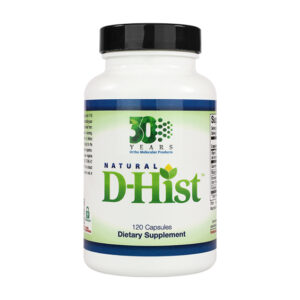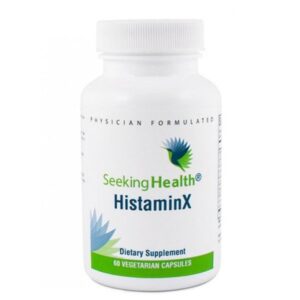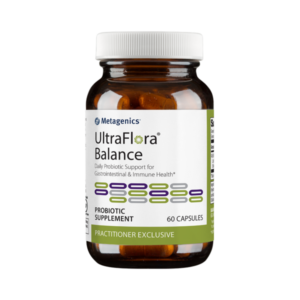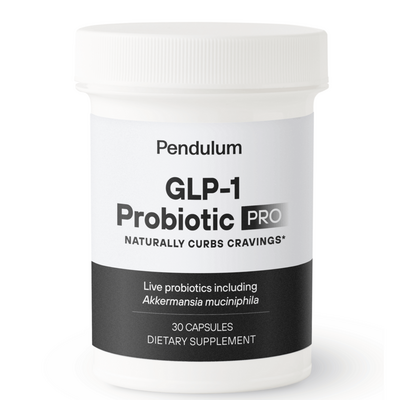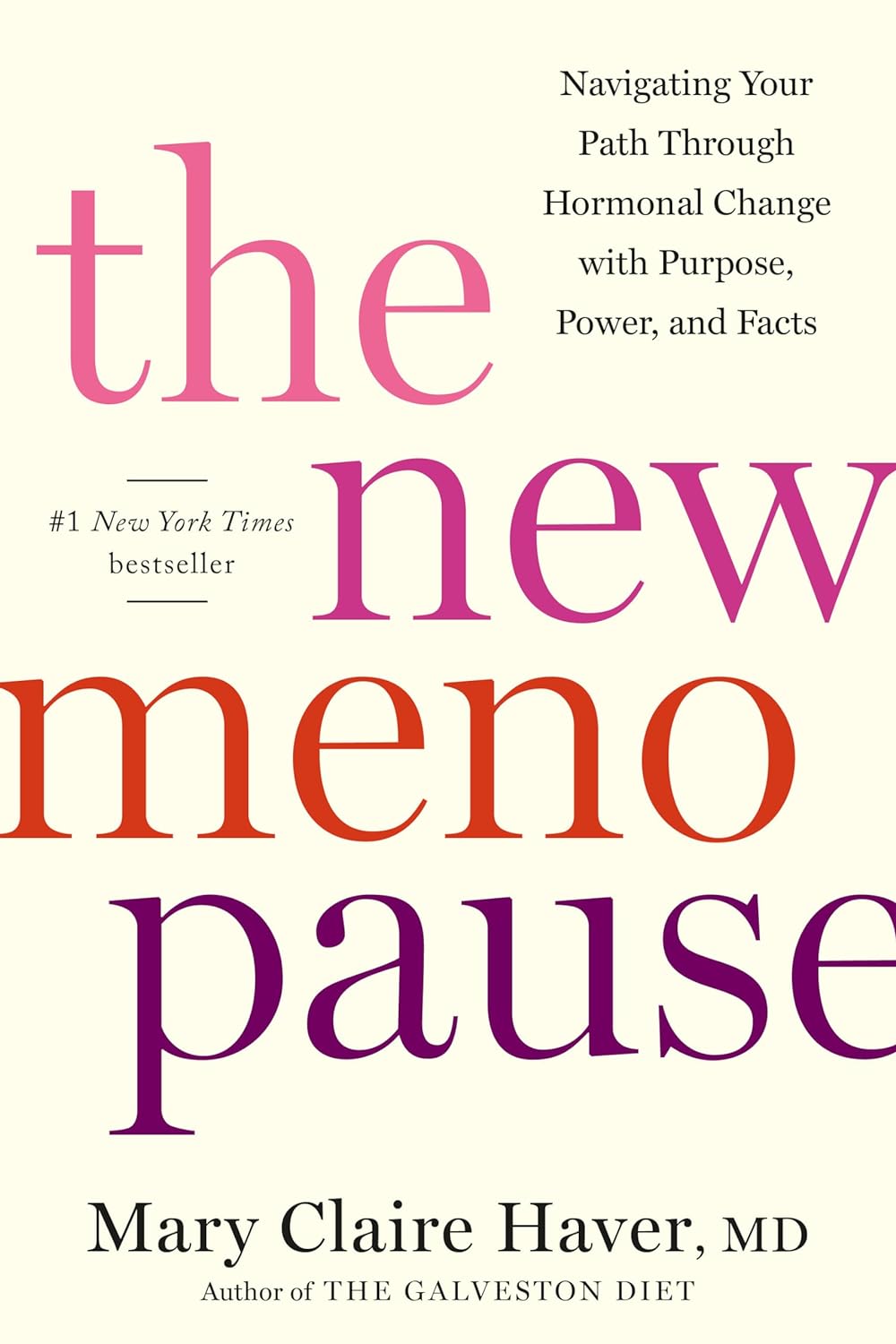
It’s that time of year again.
Seasonal allergies are sometimes dismissed as a common nuisance; however, they can have a significant impact on an individual’s quality of life. If you experience seasonal allergies, it’s important not to underestimate their severity and the importance of managing the condition in order to obtain relief and improve your quality of life.
What causes allergies?
Inhalation of various allergens, such as animal dander, house dust mites, mold, and pollen from plants (e.g., trees, weeds, grass) can trigger an allergic response
The most common seasonal allergy symptoms include:
- Runny nose
- Sneezing
- Watery eyes
Individuals with seasonal allergies may also experience general allergic rhinitis symptoms, such as:
- Allergic conjunctivitis (eye inflammation)
- Cough
- Eustachian tube dysfunction (the tubes connecting the upper throat and ear)
- Nasal congestion and itchiness
- Postnasal drip
- Sinusitis (sinus inflammation)
The season and geographic location can affect the severity of allergy symptoms. Allergy symptoms generally peak during adolescence and early adulthood and if you are lucky, can improve over time or go away entirely.
Fatigue, headaches, & irritability
Allergic rhinitis has been associated with several complications, including asthma, persistent cough, chronic persistent sinus inflammation, and eosinophilic esophagitis (an allergic/immune disease of the esophagus).
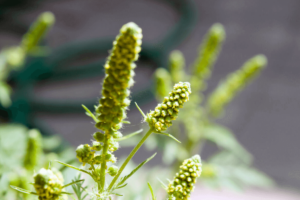
How to treat allergies:
Tips for allergy prevention and relief
- Monitor Exposure: Avoid your triggers. Monitor the Mold and Allergy levels in your area. The American Academy of Allergy, Asthma & Immunology offers an online pollen count map
- Consider your indoor environment: You can minimize your allergen exposure in your home and car by closing windows and using air conditioning during periods with high pollen levels. In your home, ensure your air ducts are maintained to minimize contaminants such as dust, mold, and pollen. Additionally, as pollen grains can adhere to clothes and hair, removing clothing and washing your hair after spending time outdoors and before entering your bedroom or living spaces in your home may be helpful.
- Mend your microbiome: A factor that can help prevent allergic disease and sensitization to allergens is having a large diversity of microbiota in the gut, airways, and skin. Factors that may impair microbial diversity include antibiotic use, poor diet, and an urban lifestyle. You can support the health and diversity of your microbiota by eating a microbiome-friendly diet, minimizing antibiotic use whenever possible, having a pet, spending time with animals, and managing stress.
- Optimize your vitamin D levels: A systematic review of the relationship between vitamin D status and allergic rhinitis found that a serum 25(OH)D level at or above 75 nmol/L (30 ng/mL) may be protective in certain populations. Vitamin D can be found in foods, such as fatty fish, egg yolk, liver, and supplements, and is produced in the skin from sunlight exposure.
- Include honey in your diet: Honey has traditionally been used as a home remedy for seasonal allergies, and it’s been theorized that the environmental allergens found in local honey can help to build allergen tolerance. There is some evidence that honey can improve seasonal allergy symptoms and decrease the need for medications; however, high doses may be required to obtain these benefits.
- Get some exercise: Research that has investigated various types of exercise in individuals with allergic rhinitis suggests that moderate-intensity exercise, such as running at moderate intensity for 30 minutes, is more effective at improving immune function than exhaustive (high-intensity) exercise. However, both moderate and high-intensity exercises are associated with improvement in allergy symptoms.
- Consider supplementation: Several evidence-based supplements may be used as natural remedies for allergies. My general allergy protocol includes gut builders and herbs to lessen your symptoms. Click below to browse my suggestions in Fullscript, my online dispensary.


